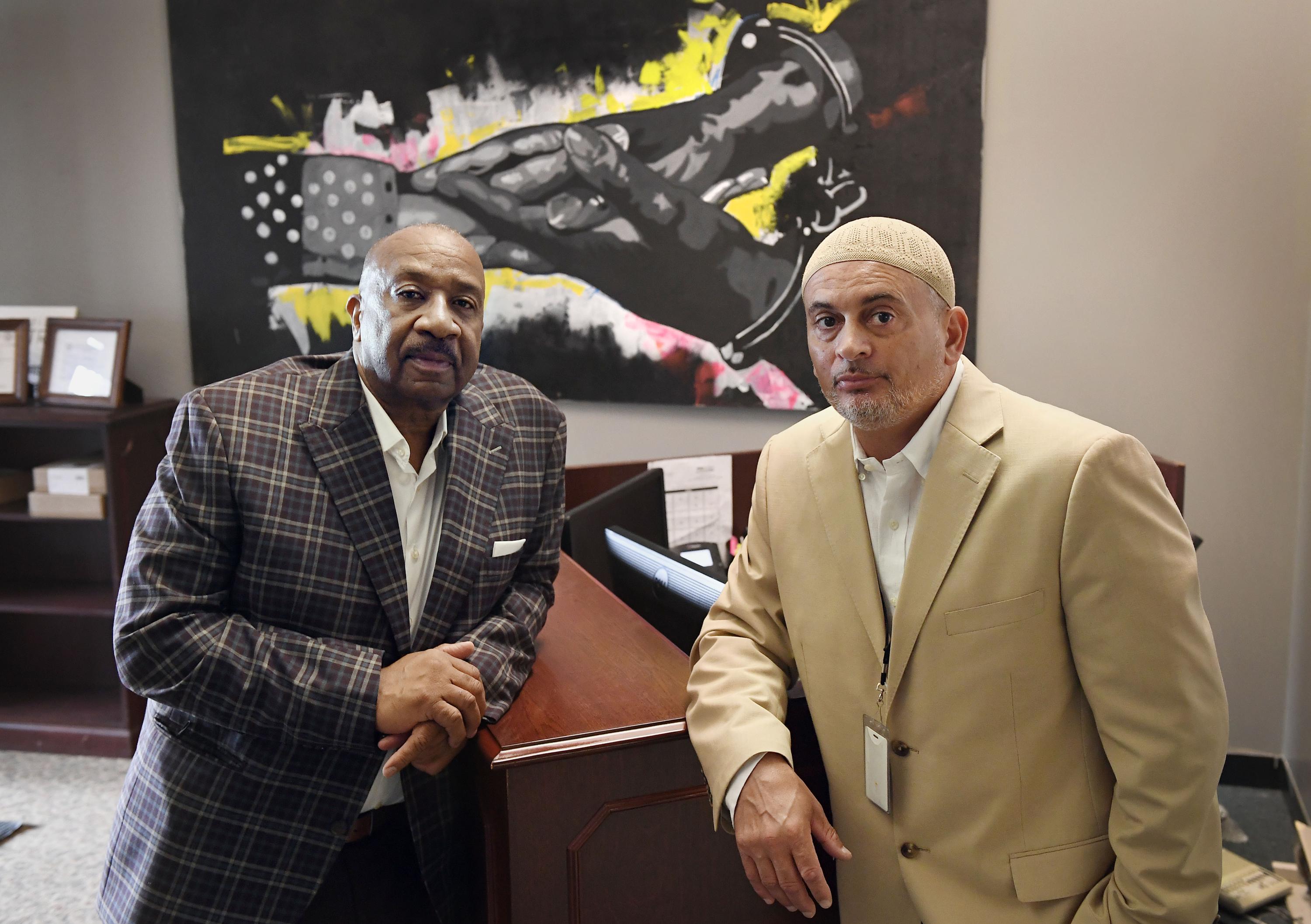Two decades after her release from prison, Teresa Beatty feels she is still being punished.
When her mother died two years ago, the state of Connecticut put a lien on the Stamford home she and her siblings inherited. It said she owed $83,762 to cover the cost of her 2 1/2 year imprisonment for drug crimes.
Now, she’s afraid she’ll have to sell her home of 51 years, where she lives with two adult children, a grandchild and her disabled brother.
“I’m about to be homeless,” said Beatty, 58, who in March became the lead plaintiff in a lawsuit challenging the state law that charges prisoners $249 a day for the cost of their incarceration. “I just don’t think it’s right, because I feel I already paid my debt to society. I just don’t think it’s fair for me to be paying twice.”
All but two states have so-called “pay-to-stay” laws that make prisoners pay for their time behind bars, though not every state actually pursues people for the money. Supporters say the collections are a legitimate way for states to recoup millions of taxpayer dollars spent on prisons and jails.
...
Connecticut’s partial repeal went into effect July 1. The state is projected to collect about $5.5 million less per year from ex-prisoners because of the change.
State Sen. John Kissel, the top Republican on the legislature’s Judiciary Committee, said he opposed the repeal passed by the Democratic majority, but might support reforms like allowing inmates to pay off debt in installments.
Kissel said that while Beatty’s situation tugs at one’s heartstrings, “Everybody has issues.”
“The policy is to make one appreciate that your incarceration costs money,” he said. “The taxpayers footed the bill. They didn’t do anything wrong. And knowing that one has to pay the state back a reasonable sum on a regular basis is not a bad policy.”
Connecticut used to collect prison debt by attaching an automatic lien to every inmate, claiming half of any financial windfall they might receive for up to 20 years after they are released from prison, said Dan Barrett, legal director for the American Civil Liberties Union of Connecticut. That included things like insurance settlements, inheritances and lottery winnings.
The state even collected money awarded to inmates in lawsuits over alleged abuse by prison guards.



deleted by creator
that's why if you go to prison you should eat as much pork as you can before hand
deleted by creator
:officer-down:, presumably
carbon
negative
pork
each helping offsets 1 lifetime of co2 emissions
And of course, in the US if you don't pay some states apparently still have debtor's prisons like a fucking Dickens novel.
deleted by creator